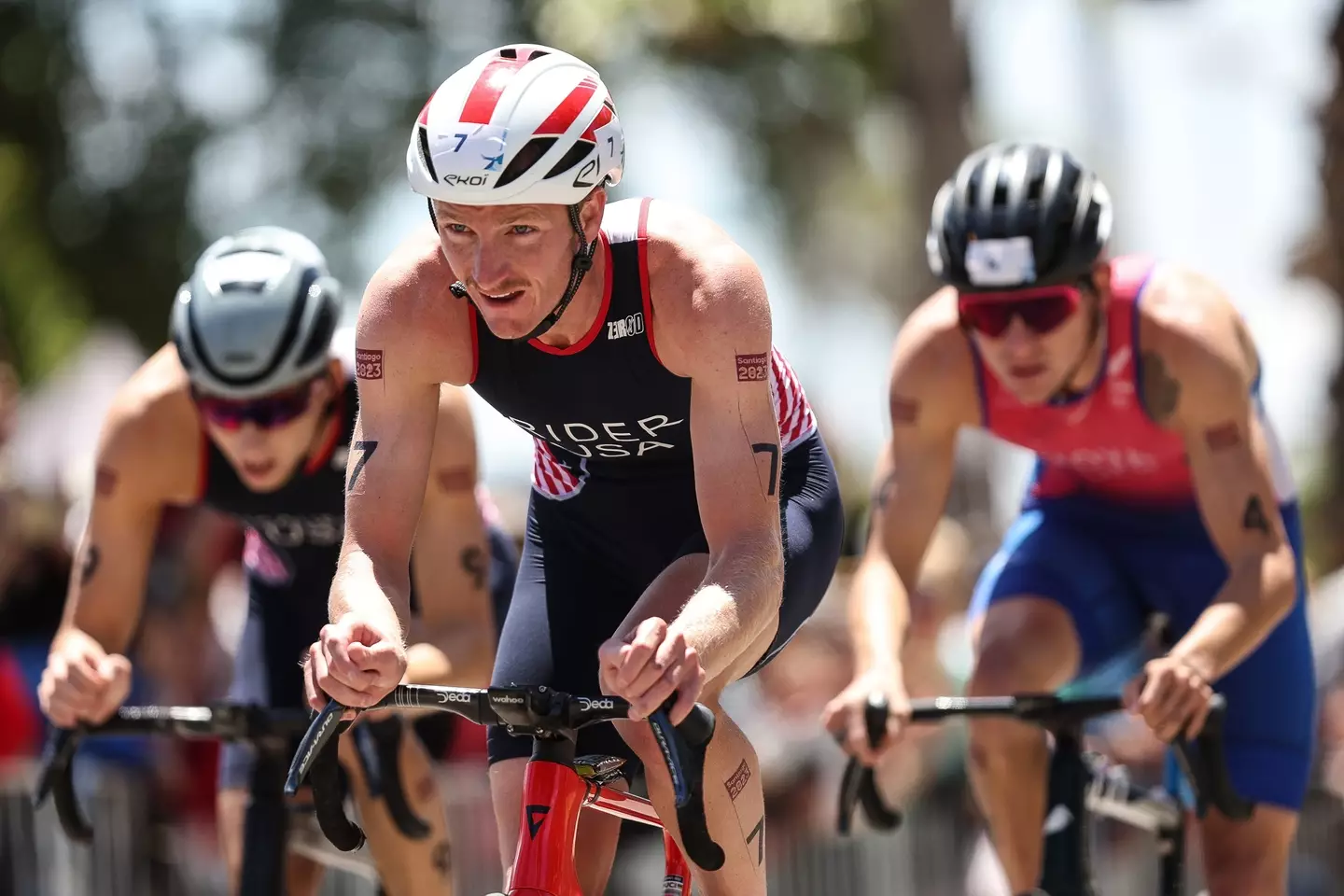
American triathlete Seth Rider has taken a slightly different approach when it comes to preparing for the Olympics: he decided to expose himself to E. coli.
Diarrhea, a urinary tract infection or even sepsis are just some of the illnesses that can come about as a result of exposure to E. coli, and you'd probably think that an upset stomach would be the last thing you'd want to risk while preparing for the Olympics.
However, Rider decided to purposefully expose himself for the bacteria for the good of his event; the men's triathlon.

Advert
His decision comes due to heightened E. coli levels in the River Seine, where athletes are taking on triathlon and marathon swimming events.
Last week, the mayor's office in Paris released bacteria results which showed E. coli levels were just below the safe limit set by the World Triathlon Federation - 900 colony-forming units per 100 milliliters.
However, an inspection of the river on Tuesday (30 July) found pollution levels had become too high for athletes to safely swim in, prompting organizers to postpone the men's triathlon event until today (31 July).
Rider's approach to preparation was quite simple - although admittedly a little gross.
Advert
According to The Athletic, he explained: "We know that there’s going to be some E. coli exposure, so I just try to increase my E. coli threshold by exposing myself to a bit of E. coli in your day-to-day life.
“And it’s actually backed by science. Proven methods. Just little things throughout your day, like not washing your hands after you go to the bathroom.”

Rider's extra preparation came in spite of the fact he has had relatively good experience with the Seine in the past, when he took a drip in the river for the Olympic test event in August 2023.
Advert
“I don’t think anyone got sick after the race,” he said. “That can’t be said about all the races we do.”
Rider hasn't been the only athlete taking measures to prepare for the Seine; fellow American triathlete Taylor Spivey upped her probiotic intake in a bid to strengthen her gut ahead of the race.
She previously told The Athletic that she's used to swimming in 'stagnant, questionable bodies of water' thanks to her career; it's just part of the job.
“No one wants to get sick, but we also want to swim; after all, we train to swim, bike and run,” she said.
Advert
“We saw this same topic of discussion leading into both the Rio (2016) and the Tokyo Olympic Games. It’s always a concern, but it also feels like the same hype we’ve seen in the past.”